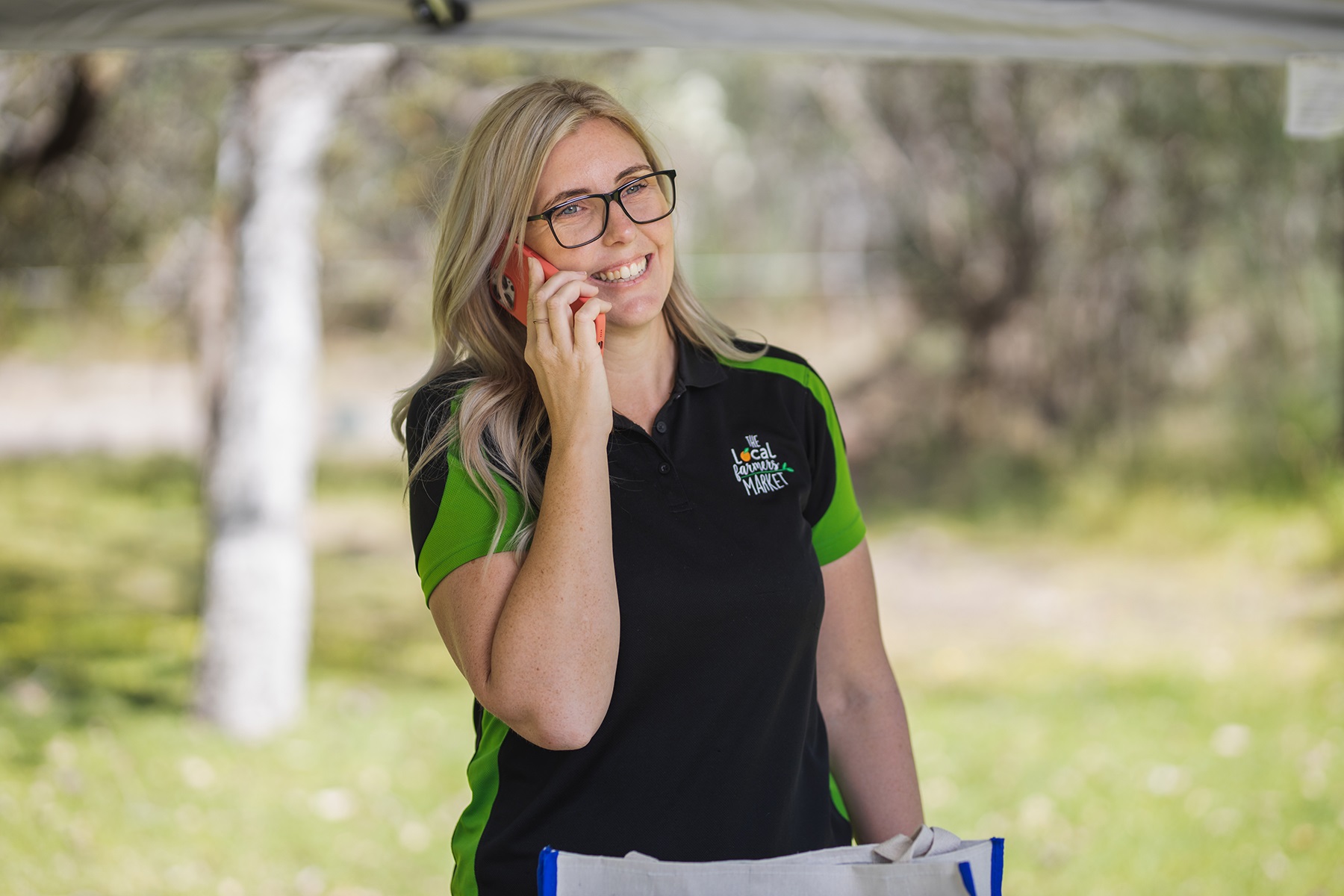Having a tax plan in place before 30 June will help you make strategic decisions to maximise your returns come tax time.
Tax planning tips
The end of the tax year will soon be upon us with 30 June just around the corner. Now’s a good time to take a look at both your expected taxable income (your business’s assessable income, minus any allowable deductions) for the current financial year 2020-21; and your projected/expected taxable income for 2021-22, as they will help guide your tax planning strategy.
Tip: refer to the Australian Taxation Office’s individual tax rates (sole trader) or company tax rate to identify your income bracket and the tax you’re likely to incur.
If you are expecting to have a higher income this financial year, compared to your projections/expectations for the next financial year, talk to your accountant to consider:
- Prepaying some of your 2021-22 expenses (such as your rent, insurance or subscriptions to professional associations) in the 2020-21 financial year. Up to 12 months of the following year’s expenses can be deducted in the current tax year.
- Taking advantage of depreciation measures, such as temporary full expensing, which enables you to immediately deduct the business portion of the cost of eligible depreciating assets that are first held and first used or installed ready for use for a taxable purpose between 6 October 2020 and 30 June 2022 (check the ATO website for full details).
- Reviewing and postponing some of your invoicing for the current tax year, if appropriate.
- Topping up your voluntary superannuation contributions.
- Reviewing your debtors and writing off any unrecoverable debts (find out more about deductions for unrecoverable income).
- Deducting any start-up expenses, if applicable – such as obtaining legal or accounting advice on your business structure, and fees in relation to establishing the structure (eg. ASIC company registration fee).
If you are expecting to have a higher income next financial year (2021-22), talk with your accountant to consider:
- Bringing forward any invoicing into the current financial year for scheduled work that will be carried out in the next financial year, if it is appropriate to do so.
- Paying your expenses as they are due, rather than pre-paying them in advance during the current tax year.
- Purchasing any required equipment or business assets in this year. If you decide to purchase business assets, you should base this decision on the needs of your business. For example, you might need to purchase a vehicle for deliveries to help expand your business operations in order to achieve business goals, or because it is in line with your business plan.
Additional tips
- Avoid spending on business assets for the sake of claiming tax deductions. In most cases, you’ll find yourself paying $1 to save 30 cents* in tax (*based on the most common business tax rate).
- If your business makes a loss, you may be able to claim a deduction for it in a future year, offset it as a current year loss or carry back your tax loss. Find out more about business losses.
For more information, check out concessions at a glance and what’s new for small business on the ATO website.
Additional tax tips for small business owners:
Below are some additional tax planning strategies to discuss with your accountant.
Accounting for GST on a cash basis
This means accounting for GST on a cash basis rather than accruals, so you pay GST to the ATO in the period you actually receive payments, not when you issue your invoice. GST cash accounting is also good for improving your cash flow.
Small business restructure rollover
This tax planning strategy is useful in situations where you may be looking to change from a family partnership to a family trust. If you’re a small business entity (SBE), you can transfer an active asset of your business (such as goodwill) to another SBE as part of a genuine business restructure, where there is no change in the ownership of the assets. This means no capital gains will be payable. However, state transfer tax might still apply.
Temporary full expensing
You could take advantage of the government’s temporary full expensing stimulus measure which allows eligible businesses to:
- Deduct the business portion of the cost of eligible new depreciating assets that are first held and first used or installed ready for use for a taxable purpose, between 7.30pm (AEDT) on 6 October 2020 until 30 June 2022
- Deduct the business portion of eligible second-hand depreciating assets.
- Apply temporary full expensing to the business portion of the cost of improvements made to eligible depreciating assets. This applies even if those assets were acquired before 7.30pm (AEDT) on 6 October 2020.
If you don't claim a deduction for an asset under temporary full expensing, you may be able to claim a deduction under the instant asset write-off or backing business investment – accelerated depreciation.
Visit the ATO website to find out more about economic stimulus measures.
Is your return correct and current?
Having accurate and current information is another important aspect of tax planning that can help you maximise your deduction and allow you and your accountant to make informed tax decisions. This includes:
- Ensuring you have included any COVID-19 stimulus payments as part of your tax return (eg. if your business received JobKeeper payments you need to include them as assessable income in your business income tax return).
- Checking the log books for your business vehicle are up-to-date. You’ll need to start a new log book if your current one is more than five years old or your vehicle usage has changed significantly. You could also consider investing in one of the many mileage tracking digital apps available.
- If your business carries stock, do your stocktake as at 30 June. NB: If your estimated closing stock (and opening stock) is less than $5,000 you do not have to do a stocktake.
- Accounting for the private use of business assets, such as motor vehicles, when claiming GST on expenses (eg. if you’re claiming 100 per cent GST on motor vehicle expenses but 20 per cent of the vehicle’s use was private, you’ll need to adjust your annual GST private apportionment claim to factor in this personal use).
Support for those affected by disasters
If you have been affected by a recent event or disaster, the ATO may be able to help by:
- giving you extra time to pay your debt or lodge tax forms such as activity statements
- helping you find your lost tax file number (TFN) by using methods to verify your identity, such as your date of birth, address and bank account details
- re-issuing tax returns, activity statements and notices of assessment
- helping you re-construct tax records that are lost or damaged
- fast tracking any refunds owed
- setting up a payment plan tailored to your individual circumstances including interest-free period
- remitting penalties or interest charged during the time you have been affected.
For more information, call the ATO's emergency support line 1800 806 218 or visit their website.
More information
If you have any questions about tax planning speak to your accountant. For general advice and guidance, contact our free small business advisory service.




